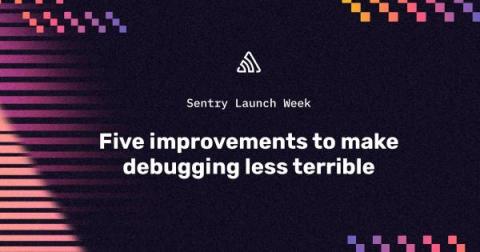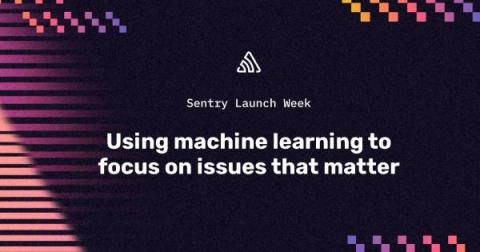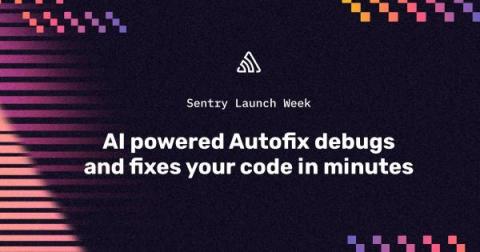Your background images might be causing CLS
Cumulative Layout Shift (CLS) is where the layout of a web page unexpectedly shifts after the initial content loads and new content pops in. At its best, it’s a little inconvenient. At its worst, it’s an accidental click of a “BUY NOW” button that suddenly appeared under your mouse cursor after an ad loaded, resulting in an unwanted purchase.










